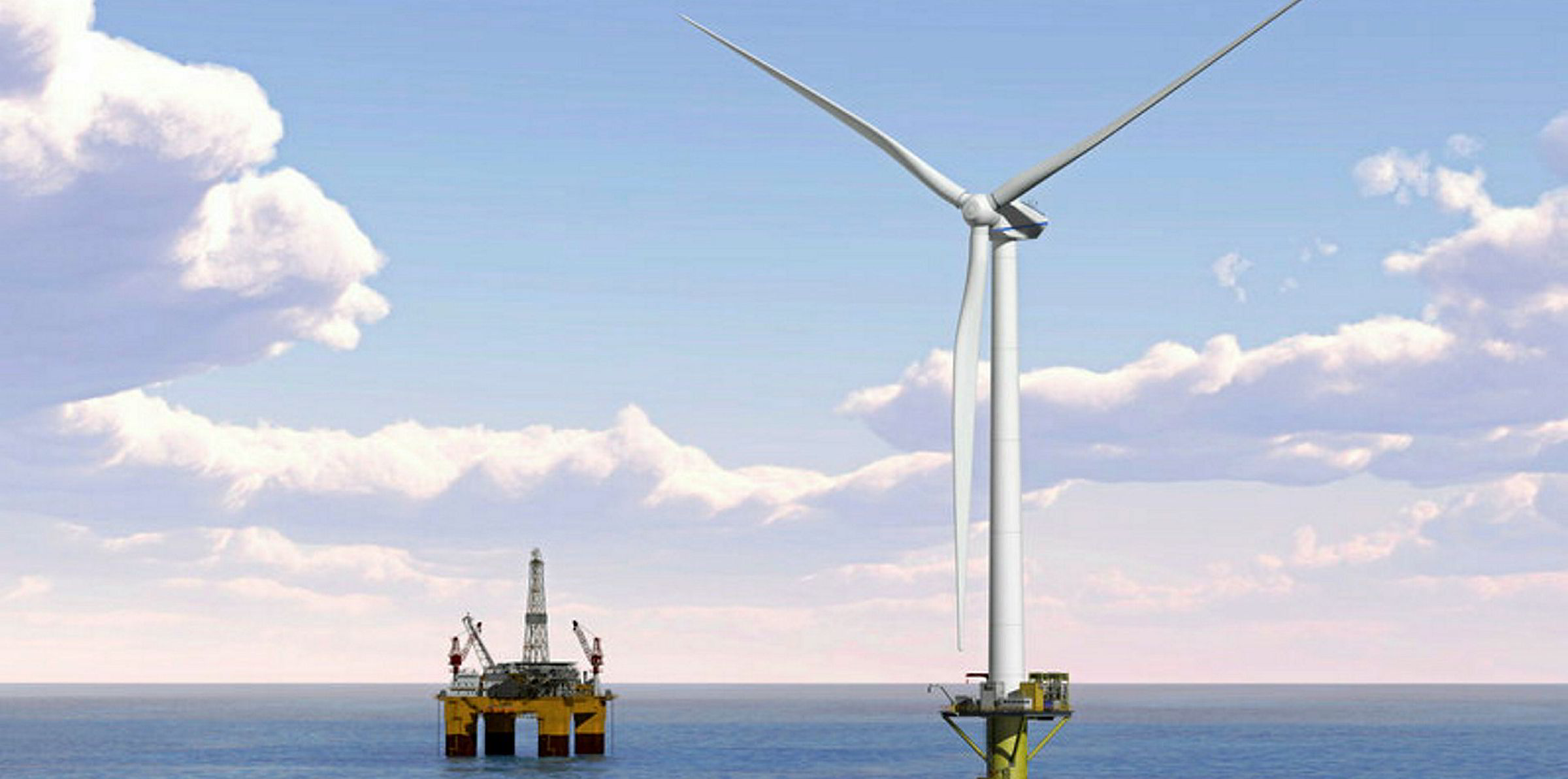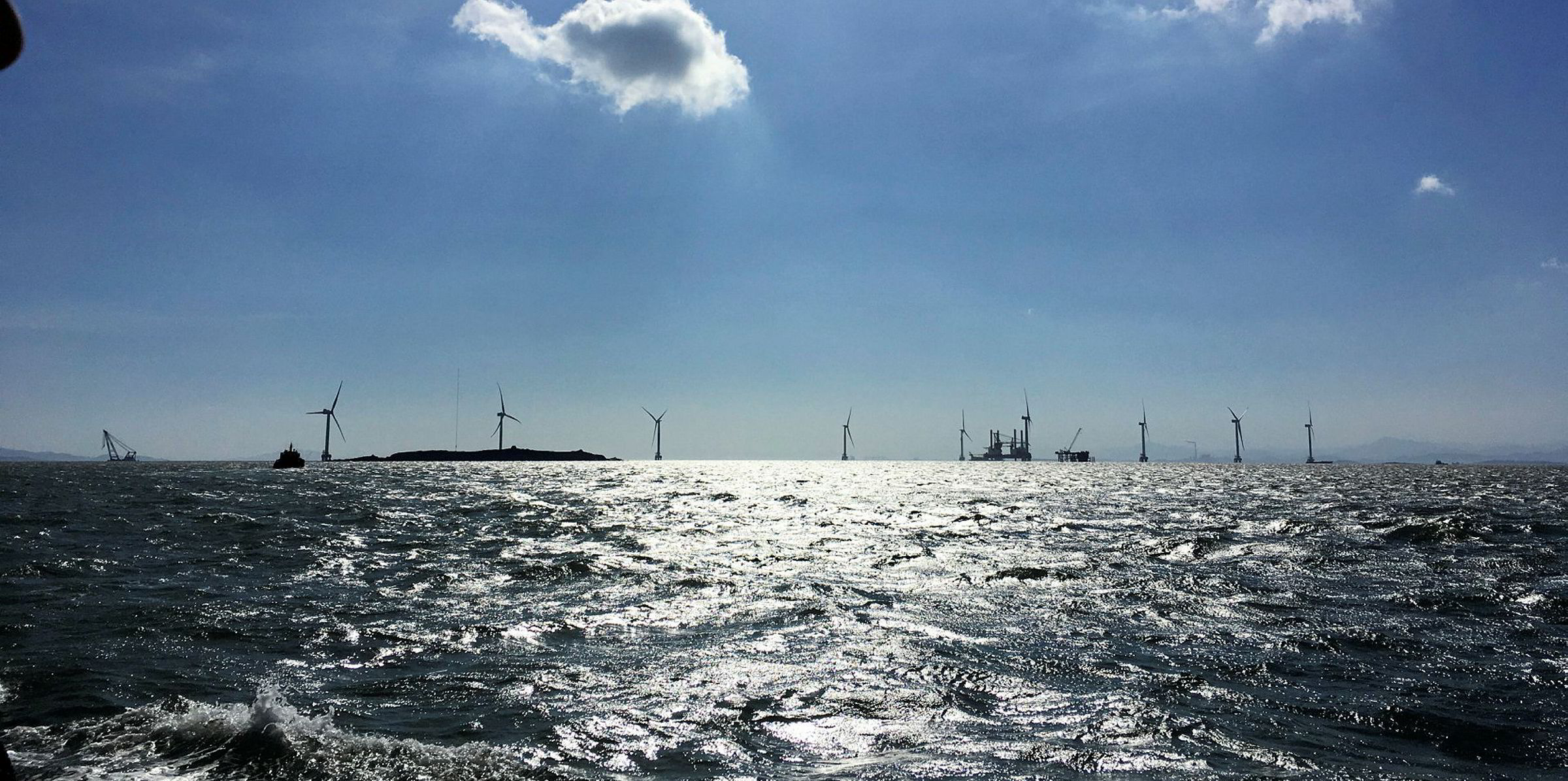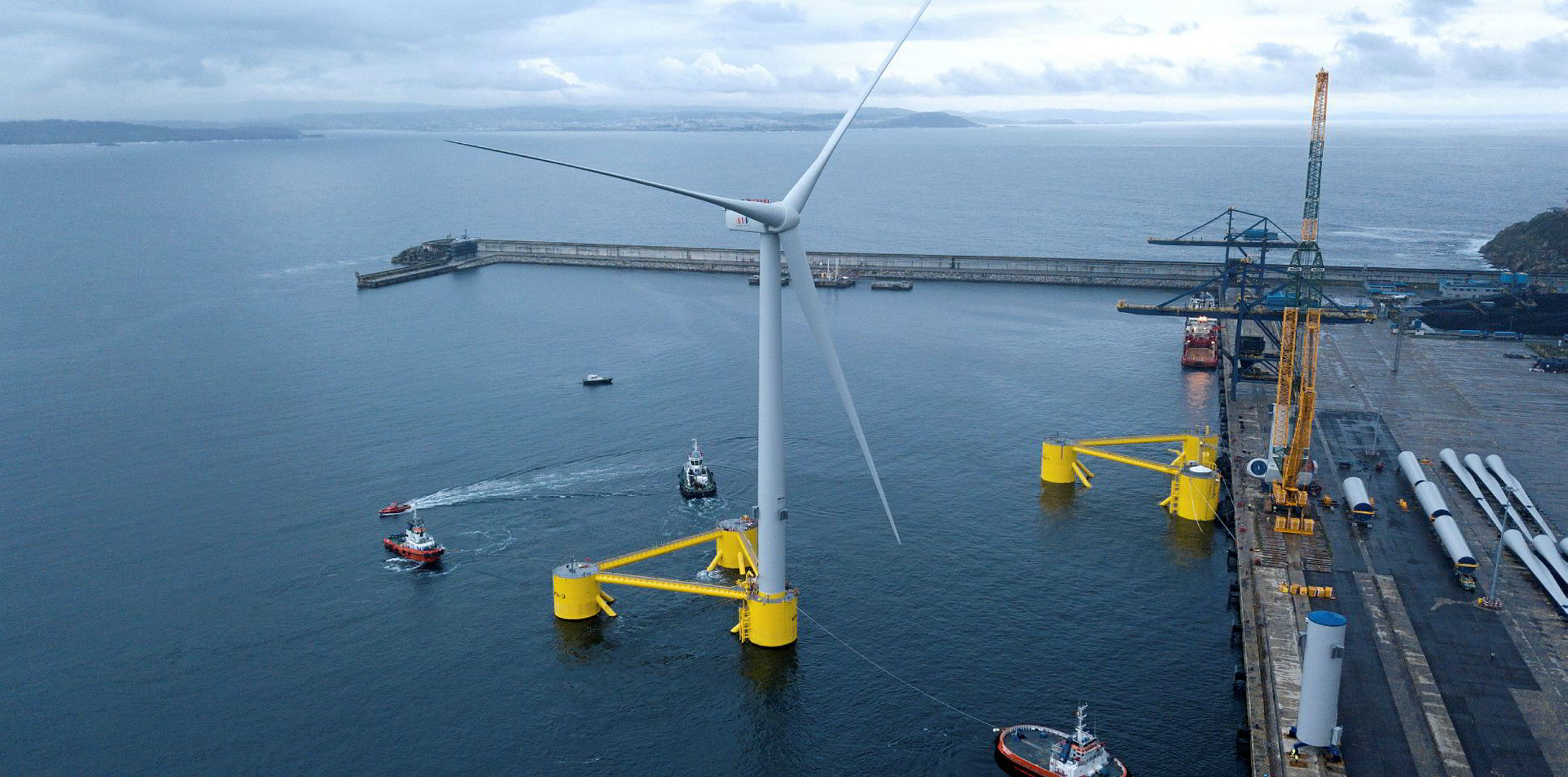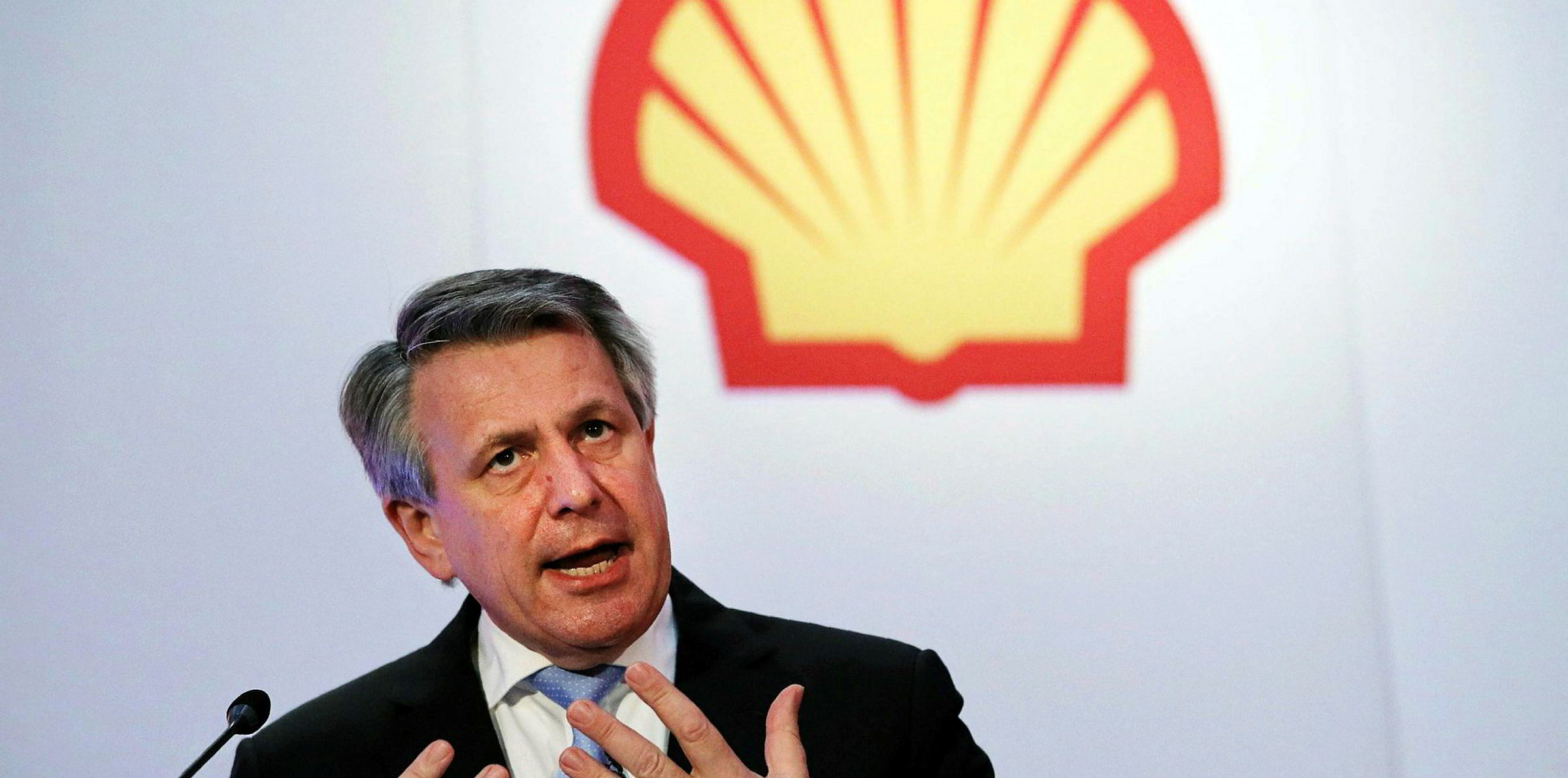Massive financial write-downs by Shell and BP are clear signals that the age of oil is coming to an end.
This demise has been predicted for many years, but the unexpected Covid-19 pandemic has brought it forward.
Oil and – particularly – gas will continue to flow in 2050, providing a decent business for some producers. But the scale of this industry that dominated energy in the 20th Century will be radically cut back.
Oil companies really do have to decide whether they manage decline gracefully, or pivot to low- or no-carbon work. The service sector that relies on the operators has little alternative but to move or diversify into “green” engineering.
There is no business as usual. The US benchmark oil price has recovered to around $40 per barrel from its brief plunge below zero, and plenty of crude-producing countries are determined to keep their wells running.
State financial bailouts have been forthcoming around the world to keep fossil fuel companies alive.
Many companies will come back to thrive, but not in a fantasy world where Big Oil still rules the energy roost. Those who fail to change will face formidable challenges from those investing heavily in clean energy.
Shell and BP, with their respective $22bn and $17.5bn write-downs, know and accept this. Both attribute this to lower, short-term oil value expectations, but both are preparing for long-term change.
Other forward-looking European oil majors such as Norway's Equinor, Italy's Eni and France's Total are also “in transition” for a lower-carbon world.So far, ExxonMobil and other US oil majors stand against this gloomy view that the age of oil is over.
They believe fossil fuels can bounce back, once the coronavirus pandemic is under control and lockdowns end. They have the support of US President Donald Trump — if not all of their shareholders — for their rosy view of the future.
The Chapter 11 bankruptcies of oil & gas stalwarts Chesapeake Energy and Diamond Offshore should be a warning.
Some argue that peak oil demand has not just been brought forward, but may indeed have already happened. So where can the industry find hope?
Aberdeen, the centre of the UK North Sea oil industry, is trying to turn itself into a base for energy transition.
Meanwhile, European oil companies and their contractors are, of their own volition, turning to low-carbon projects that demonstrate the way forward.
Construction yard Lamprell recently tied up a lucrative $200m contract to support the Total-led Seagreen project, which will be Scotland’s largest offshore wind farm, as did oil & gas contractor Petrofac.
Equinor in partnership with the SSE utility is pressing ahead with the massive Dogger Bank wind farm off the UK's East Coast - the world's biggest offshore wind power project in development - and has signed a deal to develop wind farms off Poland.
Wood Group, the Aberdeen-based international oil services company, is designing the Humber Zero project on the north-east coast at Hull, which is aimed at developing a carbon capture and storage scheme for three area refining and power plants.
On the other side of the North Sea, Equinor, Shell and Total have signed off the huge Northern Lights project to store carbon in the Troll field reservoir as part of a Europe-wide CCS network.
No one is pretending that the energy transition is simple or easy, but it is necessary.
As Paul Stevens, the energy expert at global think tank Chatham House, warned bluntly in 2016: oil majors must change their business model or face a “nasty, brutish and short” end.
· Terry Macalister is a former energy editor at the UK’s Guardian newspaper. This article originally appeared on Recharge’s sister title, Upstream





